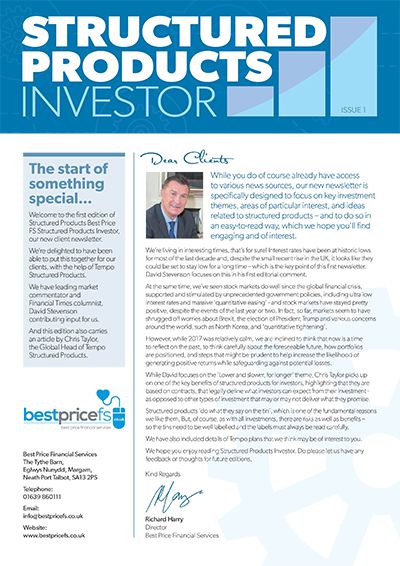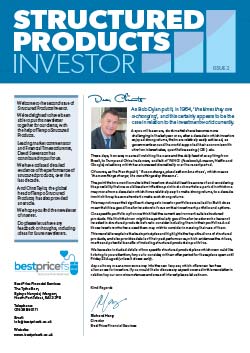Market risk to potential returns
Whether or not a plan generates the potential returns for investors usually depends on the closing level of the relevant index on the relevant dates for the plan, i.e. the kick-out anniversary dates for kick-out products; the early maturity dates and end dates for growth products; the annual income dates for income products.
If the index closes below the level needed, for the plan or plan options chosen, on all of the relevant dates, the plan or plan options will not generate a return.
Market risk to repayment of money invested in 'Capital-at-Risk' plans
If the closing level of the relevant index is below the level needed on all of the kick-out anniversary dates or early maturity dates, if relevant for the plan or plan options chosen, and on the end date, repaying the money invested at maturity will usually depend on the closing level of the index on the end date..
Different structured products use different types of protection barriers. Some products use barriers that are observed every day that can therefore be breached on any day during the investment term, while some products use barriers that are only observed at the end of the investment term and that cannot therefore be breached during the investment term.
Market risk to the repayment of money invested on the end date will depend on the type of barrier and its level.
For example, for a product with an end of term barrier, set at 60% of the start level, if the index for the plan closes at or above 60% of the start level, on the end date, money invested will be repaid in full (less any agreed adviser fees and withdrawals). However, if on the end date the index closes below 60% of the start level, the amount of money repaid (less any agreed adviser fees and withdrawals) will be reduced by the amount that the index has fallen. For example, if the index has fallen by 45%, the repayment of money invested will be reduced by 45% (meaning that investors will get 55% of their investment back).















